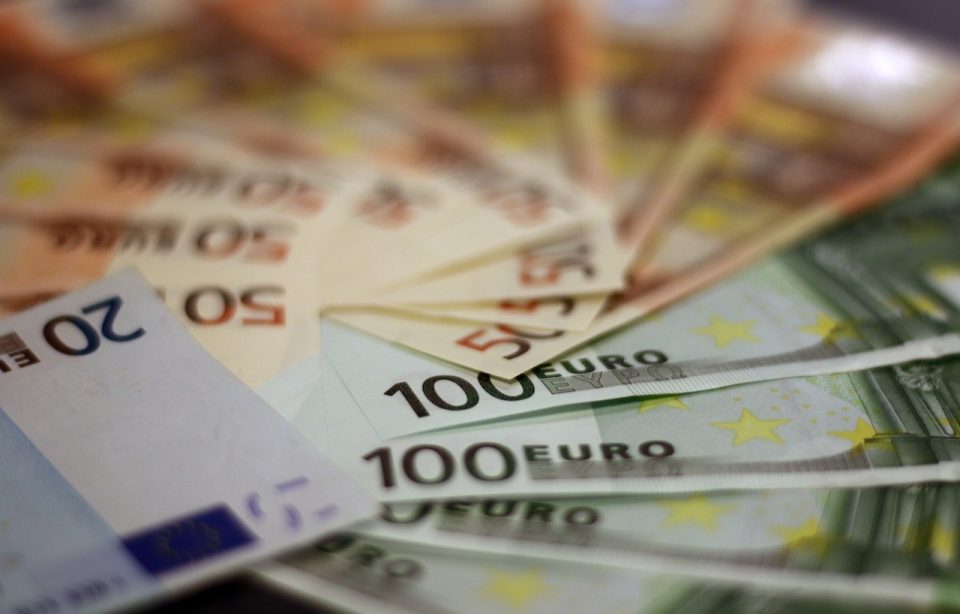Eurozone core inflation defied earlier forecasts by posting a modestly higher-than-expected rate of 5.3% on core prices year-on-year for August, intensifying discussions about potential interest rate adjustments. Despite projections of a cooling off from the previous month, which had recorded an identical reading, the unexpected uptick has sent ripples through the financial markets and raised concerns for central banks.
The closely monitored Consumer Price Index (CPI), a gauge of the fluctuation in prices of goods and services within a designated consumer basket, holds immense significance in determining price stability. The surprising inflation surge has fueled speculations of impending interest rate hikes by the European Central Bank (ECB). In response, the euro experienced a 0.5% dip against the dollar (EURUSD=X), sliding towards the $1.08 threshold.
Among the various commodities tracked by the CPI, alcohol, processed food, and tobacco emerged as the frontrunners, showcasing price leaps exceeding 10% in a year-on-year comparison for the month of August. Additionally, services inflation remained steadfast, registering a solid 5.5% increase on a year-on-year basis. However, the energy sector depicted a contrasting trend, marking a 3.3% decline from the previous month. This reversal can be attributed to the aftermath of Russia’s incursion into Ukraine, which had initially triggered substantial price spikes.
The unforeseen inflation surge caught the market off-guard, as the anticipated decline in core inflation failed to materialize. The prevailing situation puts the Central Bank in a precarious position, potentially necessitating a reassessment of its interest rate policy should inflationary pressures persist. All eyes are now on Christine Lagarde, President of the European Central Bank, as she navigates the implications of this development while considering future rate adjustments.
The repercussions of this inflation news extend beyond monetary policy, particularly given the persistent shadow of the ongoing coronavirus pandemic looming over the Eurozone’s economic landscape. The implications of the pandemic, coupled with this inflation anomaly, have cast a veil of uncertainty over the region’s economic trajectory, making the decision-making process for central bankers all the more intricate.
In sum, the economic narrative of Eurozone took an unexpected twist with August’s year-on-year core inflation reading clocking in at 5.3%, surpassing the projected 5.1%, which has reignited discussions about potential interest rate adjustments in the immediate future. The intricacies of this situation place the spotlight on Christine Lagarde and her counterparts within the European Central Bank, as they strategize the appropriate response to the current economic dynamics. The confluence of inflationary pressures and the ongoing pandemic-related challenges paints a complex picture for the Eurozone’s financial outlook. As the situation unfolds, market participants, analysts, and policymakers alike remain engaged in a delicate balancing act, navigating between the imperatives of stability and the need for adaptability in an ever-evolving economic landscape.
Source: Yahoo Finance

